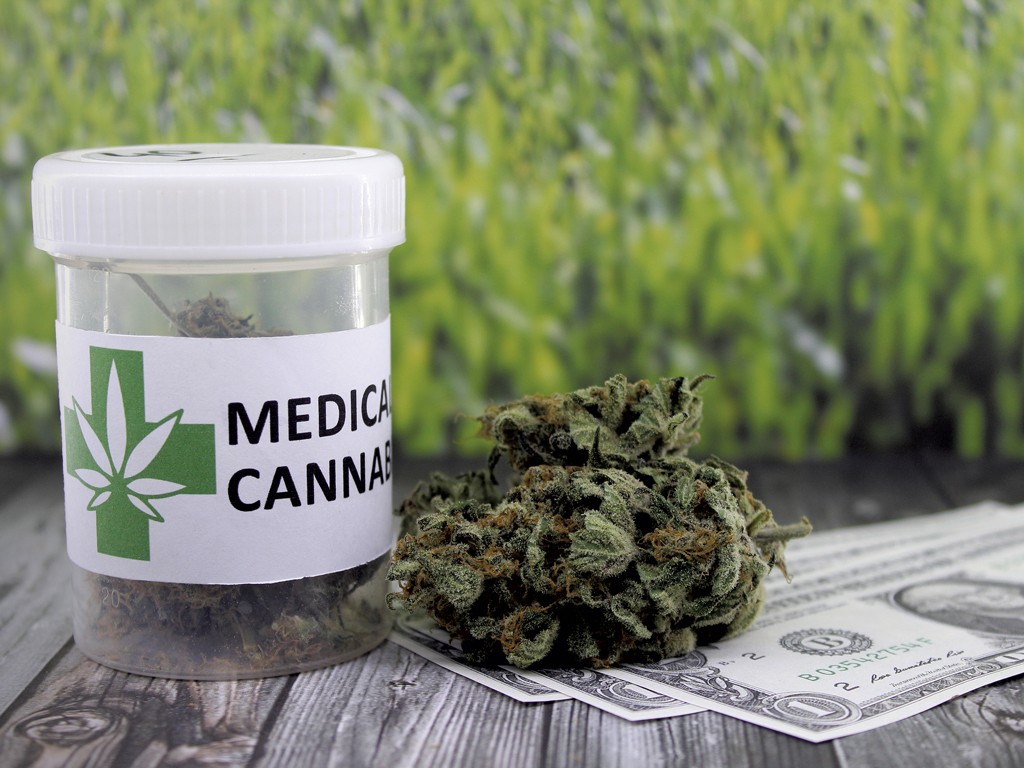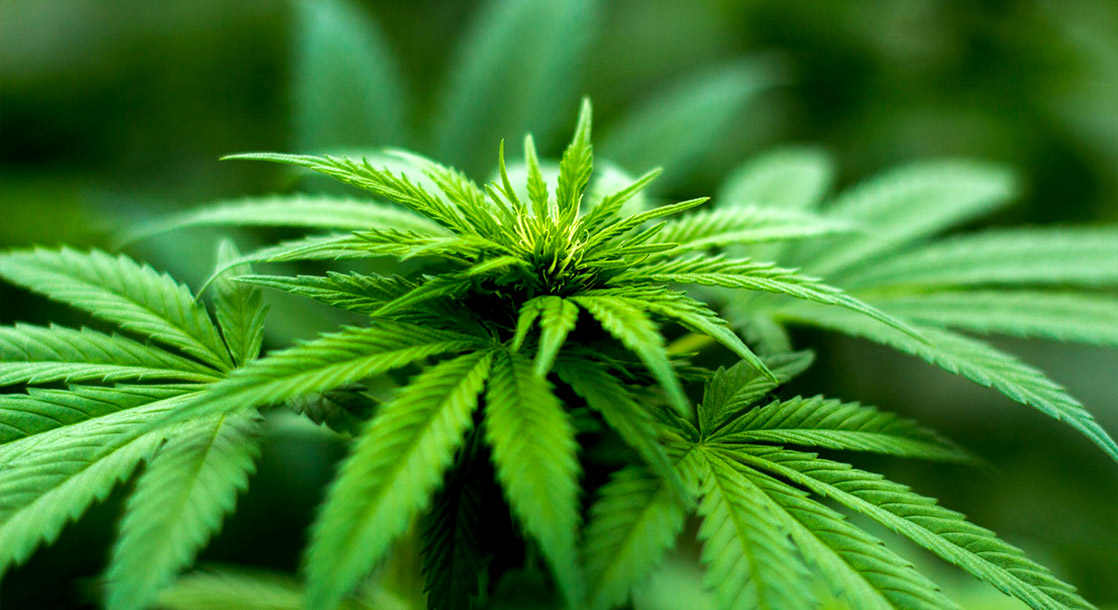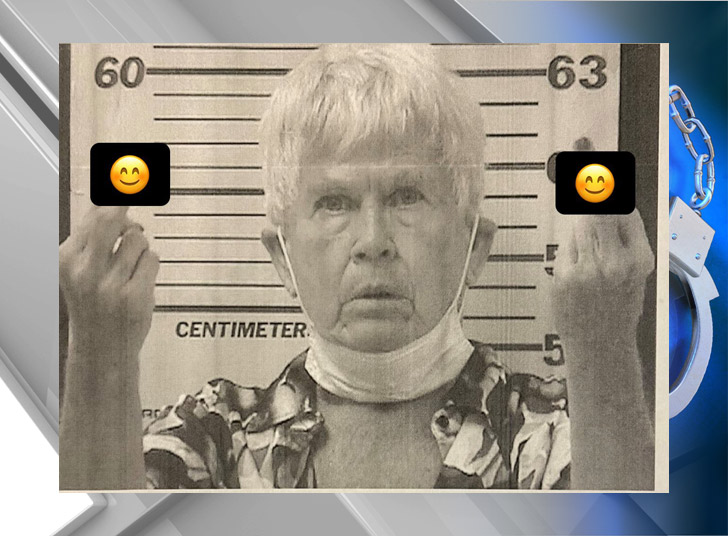Image via
New Jersey has finally phased out its decade-old sales tax on medical cannabis, increasing affordability for patients as the state’s adult-use industry expands.
As of July 1st, state-licensed dispensaries are no longer required to charge sales tax on any medical cannabis product. This welcome relief is the final stage of a tax reform bill signed into law by Governor Phil Murphy in July 2019. Last summer, the state dropped its original 4% medical marijuana sales tax to 2%. And starting this month, this tax has been phased out completely.
The 4% sales tax was baked into New Jersey’s original medical marijuana law, which was passed back in 2010. The initial version of this law was highly restrictive, and former Republican Governor Chris Christie did everything in his power to derail the program’s success. State regulators eventually voted to seriously expand the program in 2017, though, and current Governor Phil Murphy approved the tax reform bill and many further expansions of the program since he took office.
Out of the 37 US states that have legalized medical marijuana, New Jersey was one of the few to actually impose taxes on medical cannabis sales. Opioids, pharmaceuticals, and other prescription medicines are sold tax-free throughout the US, and most medical cannabis programs have followed this precedent. But in order to help sell the controversial medical marijuana bill to conservative opponents, Jersey lawmakers chose to sweeten the deal by making medical pot a bonus source of tax revenue for the state.
The Garden State doesn’t need to rely on medical marijuana taxes anymore, though. Starting this April, the state began allowing medical cannabis dispensaries to sell weed to any adult over the age of 21. These adult-use sales are hit with a 6.625% sales tax, a local tax of up to 2%, and a confusing excise tax of 33% per 1% of the average retail price of an ounce. In that first month of sales alone, the state collected an estimated $2 million in tax revenue. And as the industry expands, this revenue will continue to grow.
“Removing state sales tax on medicinal cannabis is consistent with Governor Murphy and the Legislature’s intent to prioritize patients and improve affordability,” Jeff Brown, executive director of the New Jersey Cannabis Regulatory Commission, said in a statement. “As the sales tax has been phased out from 4% to 2% and now to 0% patients have been able to spend less on their medicine, further ensuring patients are prioritized over recreational consumers.”
Before the new law took effect, New Jersey had some of the highest medical pot prices in the country. But now that sales are tax-free, the state’s 130,000-plus registered patients will be able to save some of their hard-earned cash.
“The primary focus of any medical cannabis legalization law must be providing safe and convenient access to patients in order to improve their quality of life,” said NORML Deputy Director Paul Armentano in a statement. “It should not be about increasing revenue streams for state lawmakers.”











